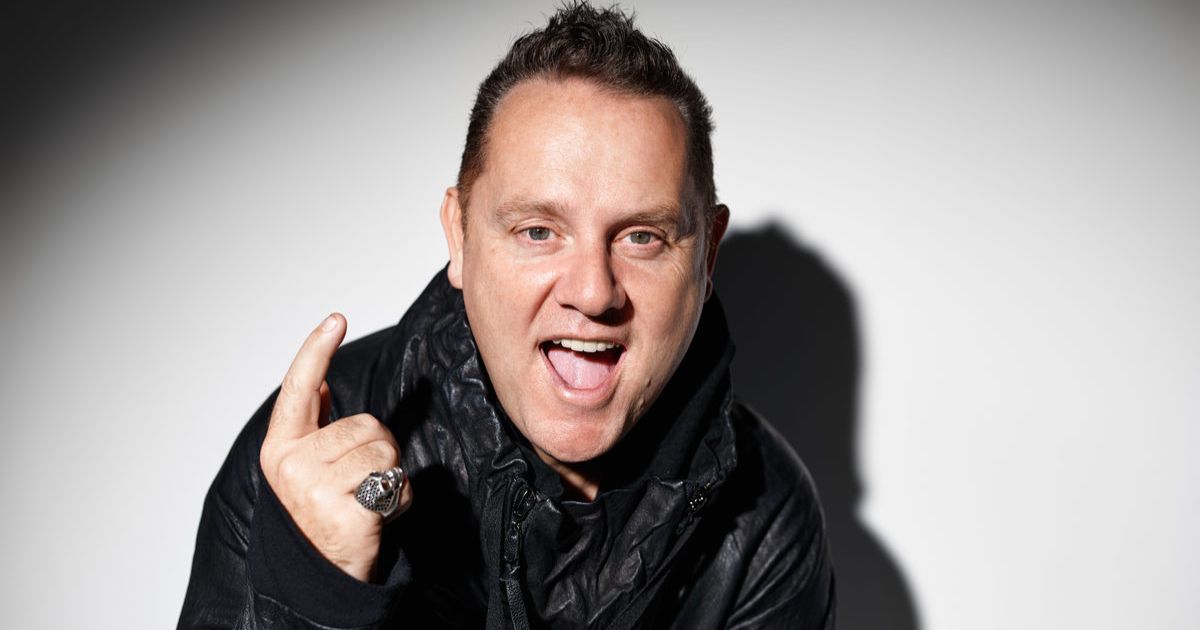Study criticises social media advertising junk food
Research conducted by Deakin University claims many social media platforms are not restricting junk food advertisers from targeting children and teenagers.
The study from Deakin’s Institute for Health Transformation suggests platforms such as Twitter, Facebook, YouTube and Instagram are neglecting international recommendations to limit children’s exposure to junk food marketing.
Deakin associate professor, Heart Foundation Future Leader Fellow, and research lead Gary Sacks said this was a major health concern.
“Almost nine in 10 Australian teenagers are active on social media, where they’re heavily targeted by junk food companies. In one recent study, over half of Australian kids active on Facebook had ‘liked’ a fast-food brand.
“We also know that teenagers using social media engage with posts advertising junk food more often than they engage with posts for healthy food. What’s more, when kids are exposed to unhealthy food marketing on social media, it increases the chance that they’ll immediately consume that product.”
Mr Sacks said there was precedent for applying restrictions, as many of the same social media platforms where junk food is marketed to children have implemented restrictions on alcohol, tobacco, gambling, and weight-loss ads.
“The policies of multiple social media platforms relating to weight loss products are even more restrictive than most government policies.
“Instagram and Facebook recently implemented a ban on advertising of diet and weight loss products as well as cosmetic procedures to users below 18 years old.
“This study highlights the opportunity for major social media platforms to reduce the exposure of children to marketing of unhealthy foods.”
The study showed YouTube Kids was one of the few social media platforms to have regulations in place, although unhealthy food brands were still being marketed through product placement and promotional videos.


















